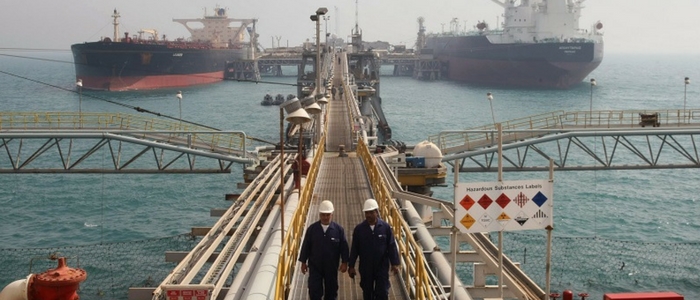The mammoth tankers secured along the Scottish drift in the Firth of Forth weren't going anyplace. They were simply giving drifting stockpiling in light of the fact that there was no interest for their payload, North Sea raw petroleum.
In any case, the flashing PC screens on the planet's exchanging rooms recounted an alternate story. Costs during that time of April were bouncing, indicating somebody was purchasing, dazzling merchants and abandoning some with substantial misfortunes.
That wasn't the main odd gyration a year ago in the market for Brent, whose cost decides the cost of pretty much every petroleum-based item, from stream fuel to plastic spoons. Such bizarre moves harmed certainty so much that a few merchants withdrew from the market.
The purchaser on basically every one of those events was Royal Dutch Shell Plc, as per meetings with two dozen industry officials and information aggregated by Bloomberg.
A year ago, Shell ruled Brent exchanging to such a degree, to the point that it moved the market even against the basics of worldwide free market activity, as indicated by the meetings with the market members, who requested that not be named portraying the exercises of an adversary. Shell said in an announcement there was no reason for contenders to scrutinize its conduct.
Better known for its oilfields and refineries, Shell is likewise the world's biggest oil broker, dealing with contracts that surpass the requirements of its center business and empowering it to make theoretical wagers in many markets.
With Wall Street-like operations from London to Singapore, Shell exchanges more than 12 million barrels for every day of physical unrefined and refined items – more than a tenth of the world's oil utilization – and "a few products of that as subordinates," as per a Shell introduction.

No comments:
Post a Comment